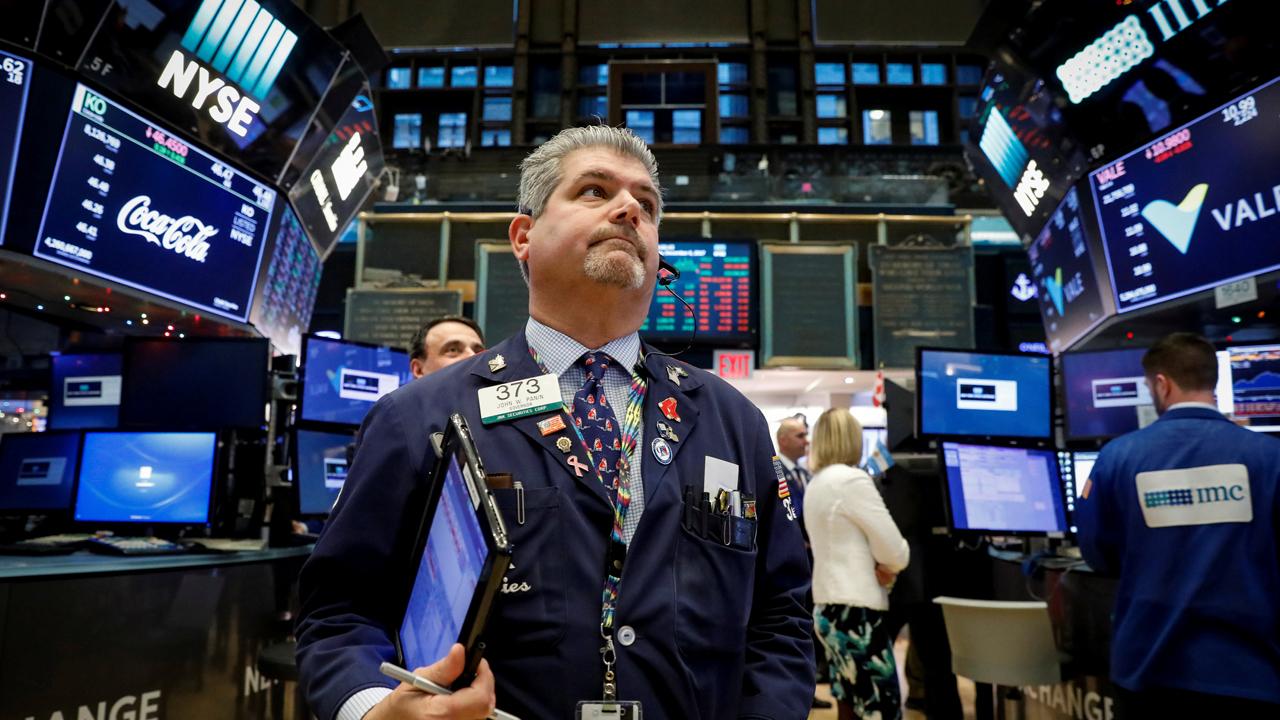Tax reform to fuel US economy, stock rally in 2018
The New Year could be another big one for the economy and the markets, experts say, thanks to a recently-approved tax reform bill that could shake up the business environment in the U.S.
The White House forecasts that U.S. growth could reach 4% once the economy experiences the full effects of the tax reform law, and any materialized gain in GDP would be building upon an already solid foundation. In the third quarter of 2017, the U.S. economy grew at 3.2%, the fastest rate since the first quarter of 2015 and also the first time since 2014 that the economy expanded at a rate of 3% or more for two consecutive quarters.
“I don’t see us slowing down at all,” Michael Carrazza, head of Solaia Capital Advisors and chairman of Patriot Bancorp Inc. (NASDAQ:PNBK), told FOX Business. “I believe ‘18 is going to be relatively strong.”
The newly-approved tax legislation aims to create a more attractive environment for business investment through a number of policies, including reducing the corporate tax rate by 14 percentage points, allowing businesses to immediately write off new capital investments and switching to a territorial system of taxation. The hope is that these measures will encourage companies to bring a larger share of the profits they have held offshore for tax purposes, back onshore to reinvest in the domestic economy, thereby spurring growth.
“The new tax law will tilt corporate decision-makers to move ahead with more of the U.S. projects they were considering because the returns will now be higher,” Chris Edwards, director of tax policy studies at the Cato Institute and editor of www.DownsizingGovernment.org, told FOX Business. “That means new and expanded factories and facilities across the nation, which will push up the demand for labor and increase hiring and wages.”
How companies react to the new measures, however, could be circumstance-dependent, Carrazza said. For some companies, increasing domestic investments will make sense, whereas for others, moving their entire operations offshore may be the most beneficial.
“The size and circumstance of every individual company and its balance sheet is really going to be the decision maker,” he said.
Additionally, a reduction in rates on the individual side could leave consumers with some extra expendable cash to deploy into the economy.
Meanwhile, the stock market continues to soar to new highs, with a new 25,000 milestone for the Dow Jones Industrial Average within striking distance. Despite recent record gains, experts predict that momentum is likely to continue as well.
“A large amount of the bull market is based on the expected tax reform and the expected increased earnings,” Carrazza said, adding that while stocks continue to rise, investors are motivated by a fear of missing out on the run, pushing more and more people into the market. “We have shifted from an analytical [perspective] around each particular stock to more of a market-moving train where people want to get on the train,” he noted.
Kimberly Foss, founder and president of Empyrion Wealth Management, told FOX Business that while she expects tax reform to fuel the bull market, it probably won't be to the same extent investors saw in 2017.
While experts are encouraged by economic signs for the New Year, Edwards did warn about a potential point of danger down the road.
“To keep the strong growth going in coming years, Congress and President Trump will need to restrain rising federal spending,” he said. “At some point, rising federal debt will dampen growth and worry businesses and investors.”




















